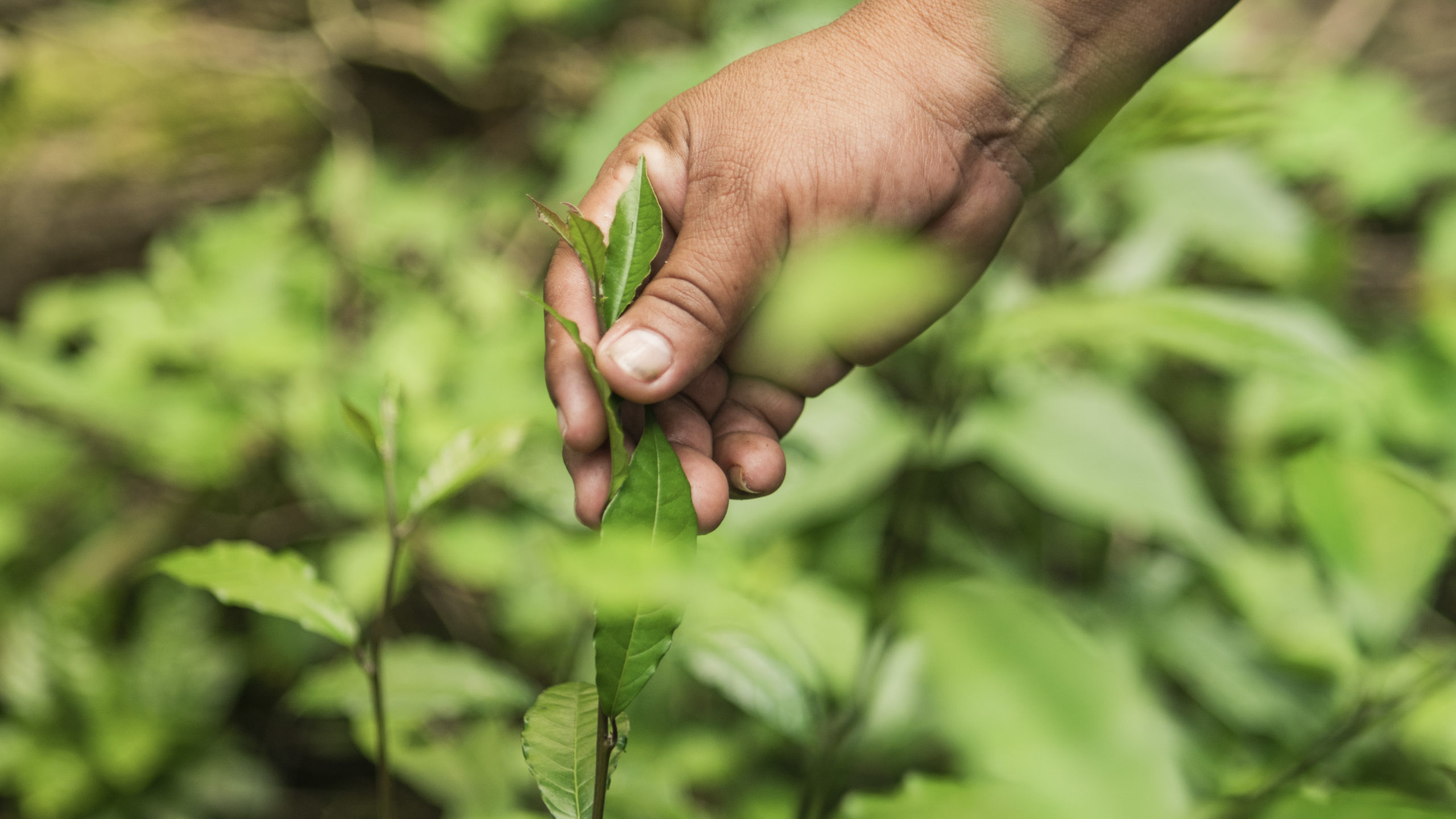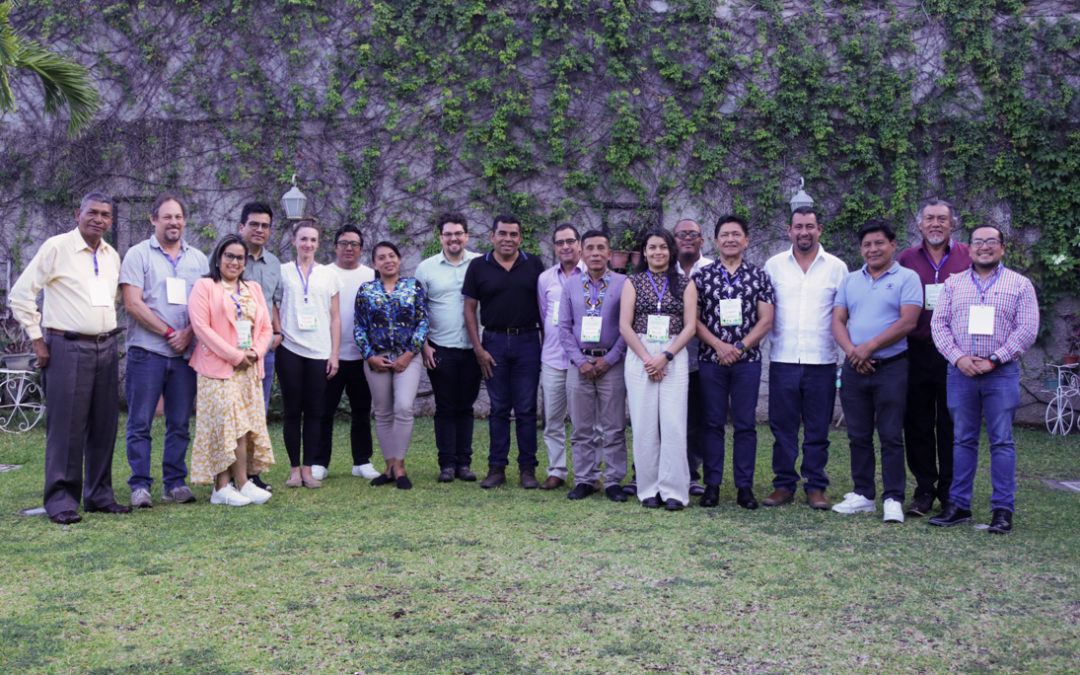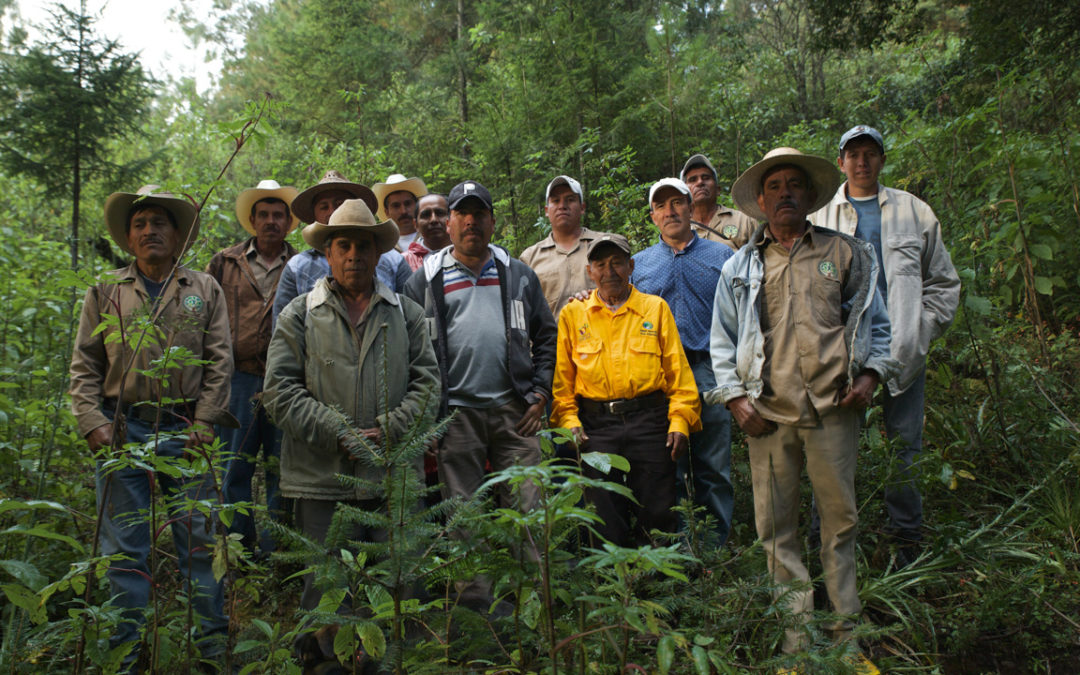By Dina Juc – Area of Rights and Culture, Mesoamerican Alliance of Peoples and Forests
Within the framework of World Environment Day, indigenous peoples remind the world, international organizations and state governments, that 80% of the planet’s biodiversity is located in our territories and it is thanks to the spiritual relationship, cultural, social and economic that for centuries we have maintained with the earth. However, indigenous peoples and this biological diversity are in great danger while, at the global level, climate negotiations, dialogues and agreements between parties, international organizations, environmental NGOs and indigenous organizations advance. It is worrying to see that the violation and violation of human rights of indigenous peoples and the environment is increasing.
The 2021 report of the international organization Global Witness, shows that, “as the climate crisis intensifies, so does violence against those who protect their land and our planet. It has become clear that the irresponsible exploitation and greed that drives the climate crisis is also driving violence against land and environmental defenders.” In 2020, “227 deadly attacks were recorded, setting an average of more than four people killed per week and making it, once again, the most dangerous year on record for people defending their homes, land and media.” of life, as well as the ecosystems that are vital for biodiversity and the climate”, he points out.
Meanwhile, our indigenous peoples and leaders have a long struggle; we work tirelessly on the front line to maintain the little natural wealth and biodiversity on which the planet depends, we are murdered and criminalized. Our territories are granted under licenses authorized by the governments and the ministries of the environment to large companies, agribusinesses and transnationals dedicated to monoculture plantations, thus displacing our peoples, guardians of life and the earth, without being consulted or complying with the process. established by the Declaration on the Rights of Indigenous Peoples. The Declaration requires States to consult us and to collaborate in good faith with indigenous peoples in order to obtain our free, prior and informed consent before adopting and applying legislative or administrative measures that may affect us.
A few days before the fifteenth meeting of the Conference of the Parties to the Convention on Biological Diversity and a few months before the International Day of Indigenous Peoples is commemorated, the harmful violations of the human rights of indigenous peoples and their territory have not they stop, innumerable denunciations and demands are shelved. We indigenous peoples have not been able to defend our territory against the massive and systematic invasion and dispossession of our lands and resources because of that 80% of the biodiversity and protected forest mass in our territory. We are legal owners with titles to only 11% of these lands.
To the governments and international organizations that guarantee human rights and the environment, we call on you not to continue advancing in the climate negotiations and agendas while the main actors and protectors of life are not really represented in decision-making. , as long as we are not guaranteed a consecutive, full and effective participation.
On World Environment Day, the indigenous peoples of the Mesoamerican region continue to raise our concerns:
- To the States, cooperation agencies and international organizations that guarantee human rights and the environment, that enable spaces for the effective participation of indigenous peoples and their legitimate representatives in global platforms for dialogue and decision-making related to indigenous peoples, to climate change and other climate negotiations. These events must be coordinated directly with the indigenous peoples and our legitimate representatives, in addition to giving us a dignified and inclusive treatment as partners in climate negotiations globally and in each country to which we belong.
- We demand justice and an end to the persecution of women and men leaders and ancestral authorities of our peoples for defending the land and natural resources.
- A real inclusion of our Peoples in the climate negotiations is urgent, which allows us to participate in the evaluations and monitoring of the activities of the COPs.
- Direct financial support for our territories is urgent. This would be a worthy statement to all the efforts we make every day in the protection and conservation of the environment, biodiversity and life.
- The recognition and protection of our rights as indigenous peoples and of our territory, as well as the respect, appreciation and key inclusion of our traditional and ancestral knowledge in the protection of biodiversity and the environment.
- The restitution of our ancestral and territorial rights over our lands, the recognition and respect by the States for said restored rights.
- We are concerned that the human right to water for indigenous peoples is still not guaranteed and that the governments do not show the political will to address the demands and manifest violations of rights that we suffer and that our rivers suffer. The increase in the diversion of rivers, the hoarding and the pollution that mining companies, agro-industries, hydroelectric plants and others are causing, thus achieving negative and irreversible impacts against ecosystems and the population, is evident. The indigenous peoples are imposed regulations that regulate the use of water in a commodified and industrialized manner.
- Full and effective inclusion of our peoples through our leaders in the discussions on the declaration of the international agreement known as “30×30″ that seeks to protect 30% of the planet’s land and sea surface by 2030. The agreement commits the signatory countries to work to stop the accelerated loss of species and natural areas, during the last meetings of the Convention on Biological Diversity, environmental organizations and NGOs have pressed dialogues for the fulfillment of this goal of the Global Biodiversity Framework. Dialogues where indigenous peoples are not represented as key actors in these discussions, being clear that from our territories we fight every day to stop the accelerated loss of species and natural areas through our ancestral, ancient and traditional practices based on spiritual relationships, cultural, ancient, social and economic philosophy with the land. We indigenous peoples are concerned that we are not in dialogues that are organized in protected areas as a strategy to achieve compliance with these goals in the global framework of diversity. It is not possible to advance in these dialogues when for the indigenous peoples, the methods and the tax declaration of protected areas have represented dispossession, violent evictions of entire communities in our territories, violation of human rights, criminalization, murders, persecution and repression against our peoples and our authorities. The international declaration of this agreement can be used perversely against our peoples, benefiting the usual sectors. State authorities, organizations and environmental NGOs make decisions without guaranteeing our full and effective participation, violating our rights to Free, Prior and Informed Consent (FPIC) among other rights by not being considered partners in dialogues and when searching for solutions.
We indigenous peoples have been raising demands for centuries, presenting complaints without being heard, while climate negotiations and discussions between officials and NGOs advance. It is important to understand that, while our territories and our lives are in danger, we cannot continue to protect the biodiversity and the environment on which the future of humanity depends. The limited and sporadic participation that we are given in decision-making spaces and climate actions are not enough, it is urgent to enable a greater space so that the voices and the contribution of our peoples are truly represented.
We want to remember that despite so many climate negotiations and agreements ratified at the international level, indigenous peoples continue to battle against the effects of climate change, a crisis that grows day by day caused by a minority that gets rich without understanding that it is urgent to transform the vision economy and the development model proposed to date. A model that has caused the loss of large expanses of forest, the extinction of animals and plants, massive pollution, development for the few while poverty worsens among the indigenous population, added to this the systematic attack against those we defend from life and we try to prevent the further destruction of natural resources. It is painful for our peoples to continue losing brothers and sisters who protect life. Reality has shown that the lethal attacks that our peoples suffer are mostly against our male leaders. However, “women who act and demonstrate also face forms of gender-specific violence, criminalization, including sexual violence. Women often face a double challenge: the public fight to protect their land and the often invisible fight to defend their right to protest within their communities and families.” Data supported by reports and research from Global Witness.



